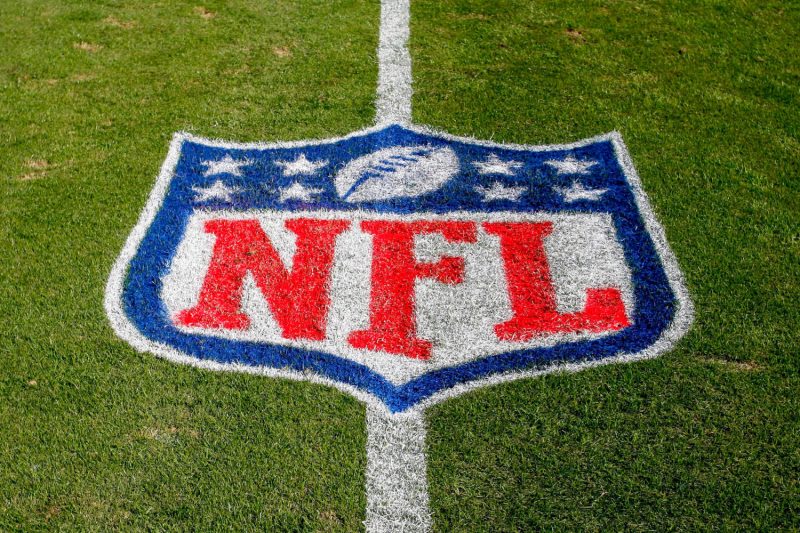The recent legal saga involving the National Football League (NFL) and a $4.7 billion jury verdict in the Sunday Ticket lawsuit has taken a dramatic turn with a federal judge overturning the decision. The ruling has significant implications for both the NFL and its broadcasting partners, as well as for consumers who eagerly seek access to premium sports content.
At the heart of the matter lies the contentious issue of exclusive broadcasting rights, particularly the NFL Sunday Ticket package. This package, offered by DirecTV, has long been a coveted item for football enthusiasts, as it provides access to out-of-market games that are otherwise unavailable through standard cable or network TV subscriptions. The lawsuit in question alleged that the NFL and its broadcasting partners engaged in anticompetitive practices by restricting access to this highly popular offering.
The initial $4.7 billion jury verdict in favor of the plaintiffs sent shockwaves through the sports and entertainment industries. It signaled a potential shift in the landscape of broadcasting rights and raised questions about the future of exclusive content deals. However, the subsequent decision by the federal judge to overturn the verdict has overturned the proverbial apple cart, pushing the matter back into legal limbo.
One key aspect of the judge’s ruling was the determination that the plaintiffs failed to prove their case under the Sherman Antitrust Act. This landmark legislation, designed to promote fair competition and prevent monopolies, requires plaintiffs to demonstrate specific elements to establish an antitrust violation. In this instance, the judge found that the evidence presented did not meet the legal threshold for proving anticompetitive behavior.
The fallout from this legal battle is likely to reverberate across the sports landscape. The NFL, as one of the most powerful and influential entities in professional sports, will need to reassess its broadcasting strategies in light of this ruling. Broadcasting partners, who heavily rely on exclusive content to drive subscriptions and viewership, may need to reconsider their business models and pricing structures.
Consumers, too, are not unaffected by these developments. The availability and affordability of premium sports content, such as the NFL Sunday Ticket package, are of paramount importance to fans and viewers. Any changes to these arrangements could impact the overall viewing experience and access to beloved sports events.
As the legal proceedings continue to unfold, one thing remains clear: the battle over broadcasting rights and exclusive content is far from over. The outcome of this case will likely shape the future landscape of sports broadcasting and influence how content is distributed and consumed in the digital age. The interplay between competition, consumer interests, and legal regulations will undoubtedly define the next chapter in this ongoing narrative.
